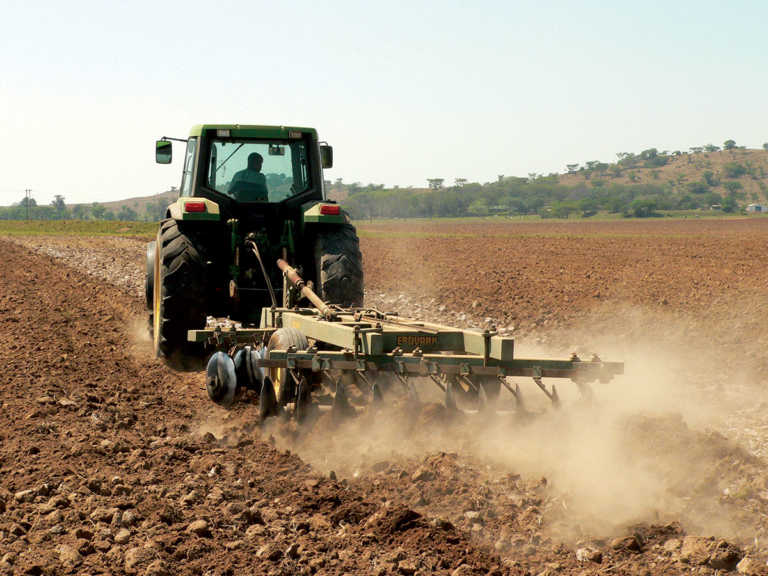
Producers have a responsibility to reverse past mistakes made in agriculture, according to Grain SA conservation agriculture (CA) facilitator, Dr Hendrik Smith.
Speaking at the recent Landbouweekblad Regenerative Agriculture Conference in Reitz in the Free State, Smith said agriculture historically played a large role in issues such as climate change, and was only surpassed by fossil fuel production as the largest producer of greenhouse gasses in the 1960s.
He said producers needed to take the carbon footprint of their production into account, and one of the first areas where they could make a difference was the soil health on their farms.
READ How to cure your soil after years of nutrient depletion
“About two tons of soil is lost to water erosion for every ton of maize produced. It isn’t sustainable. But in terms of crop production, grazing and soil recovery we can do something and replace carbon into the biomass,” he said.
According to Smith, production principles had to be followed that promulgated minimum soil disturbance, a diversity of plants, and permanent soil cover. Maximising soil cover by using cover crops, for example, would curb soil erosion, and replace the carbon in soils, he said.
Also speaking at the conference, soil health specialist at the United States Department of Agriculture (USADA), Jay Fuhrer, said managing the air content of soil could improve soil and plant health immediately.
READ #WorldSoilDay: Soil conservation is everyone’s responsibility
“Soil is made up of 25% air, 25% water, 45% minerals, and about 5% soil organic matter. [This composition] can be influenced by management. We have removed porous [air filled] spaces through tillage resulting in soil collapsing and being compacted,” Fuhrer explained.
Having a component of air in soil facilitated water infiltration, which this in turn reduced erosion, while minimum disturbance during tilling could reverse compaction.
“If you improve infiltration you also get an uptick in the carbon parts per billion [that is absorbed, and soil [health] is improved. We need to figure out how to gather and sequester more carbon, and how to set up crop and grazing systems that have more carbon coming in than leaving the soil. If you have more carbon entering the soil than leaving it, your children will most likely be able to still farm your land [in the future],” he said.









